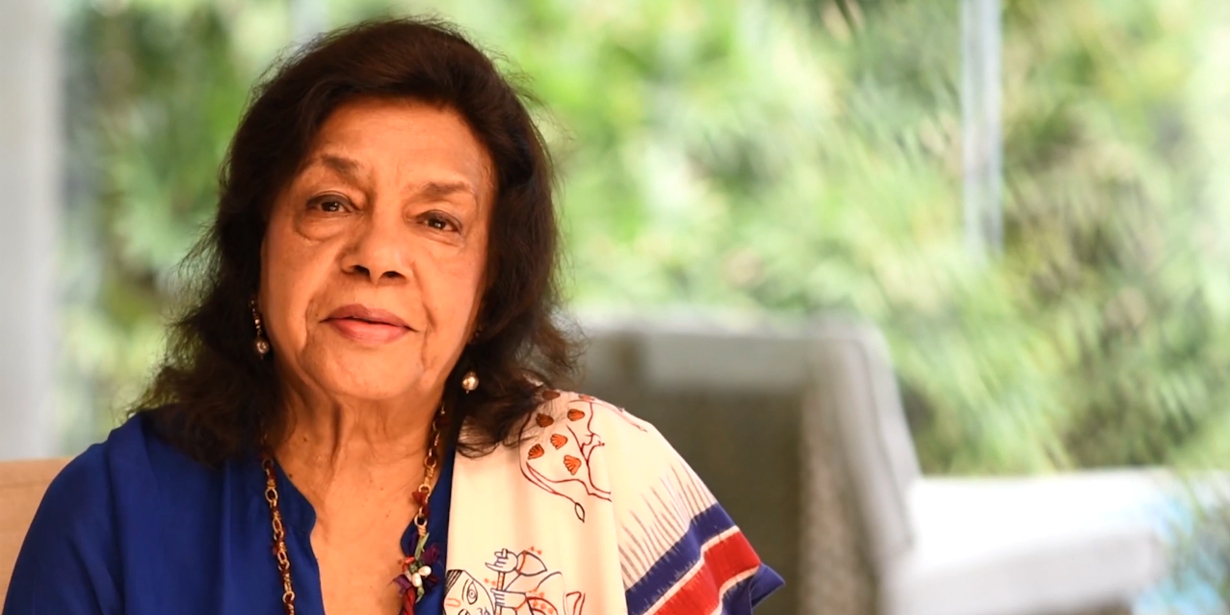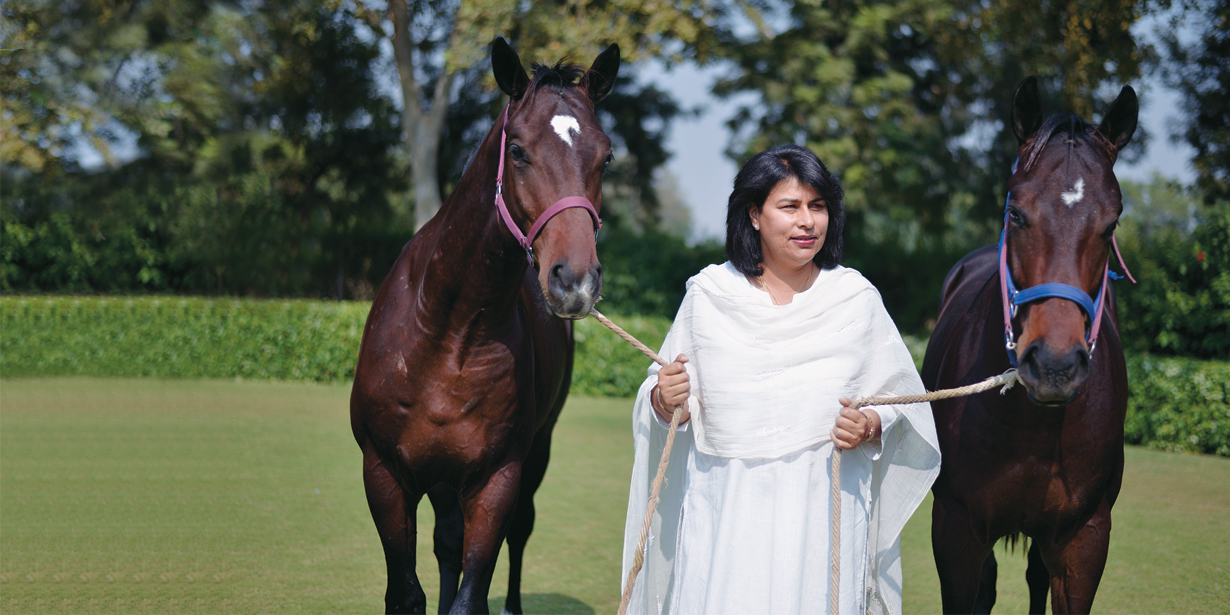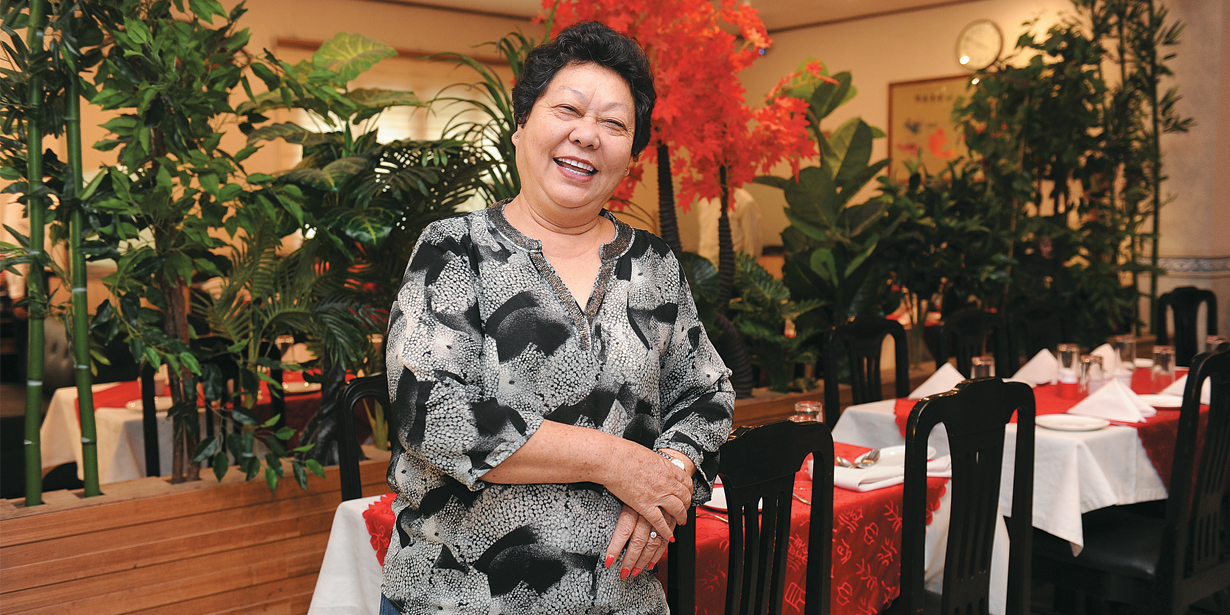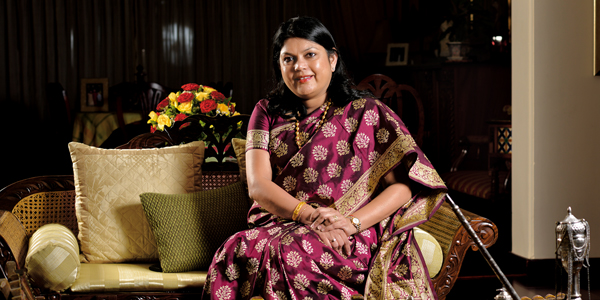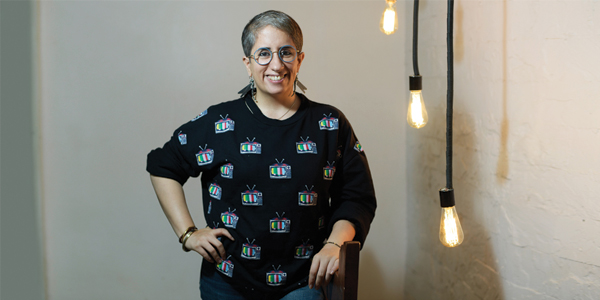Meet Valerie Wagoner, who built a company around the pure-desi concept of “missed-calls” that Twitter acquired
The Zipdial Co-founder is on a mission to help marketers make the most of “missed-calls”
The phone rings once, twice, thrice, and then you hang up. Your number pops up in the missed call log at the other end and your intended message has been conveyed. You haven’t spent a penny and yet passed on your message effortlessly. At a time when messaging apps such as WhatsApp, Facebook Messenger and Hike were not invented, the missed call system is what most of us relied on. Be it to convey that you have reached your destination safely or that you need someone to call you back, the free missed call did the job.
 When California-bred Valerie Wagoner arrived in India in 2008 to work at mobile payments firm, mChek, this Indian phenomenon caught her fancy. Then two years later, a late-night brainstorming session some 30,000 feet above the ground with her colleague Sanjay Swamy helped her unravel the potential of the missed call. As the two discussed the need for marketers to track brand loyalty in an emerging market like India during a Delhi to Bengaluru flight, they listed down a hundred ways the missed call could make this work.
When California-bred Valerie Wagoner arrived in India in 2008 to work at mobile payments firm, mChek, this Indian phenomenon caught her fancy. Then two years later, a late-night brainstorming session some 30,000 feet above the ground with her colleague Sanjay Swamy helped her unravel the potential of the missed call. As the two discussed the need for marketers to track brand loyalty in an emerging market like India during a Delhi to Bengaluru flight, they listed down a hundred ways the missed call could make this work.
A simple experiment of posting a toll-free number on Facebook asking users to dial the number and hang-up in order to receive the latest cricket scores as an instant sms, reinforced their belief in the model. The duo paired up with former Zapak engineer Amiya Pathak ,and in February 2010, ZipDial, a mobile marketing and analytics company was born.
After securing early-stage funding, ZipDial made headlines for being the first Indian company to be acquired by social media giant, Twitter in January this year. With that, Wagoner, CEO of ZipDial added another title to her visiting card: senior director, growth, Twitter.
Born entrepreneur
Wagoner, who describes herself as the only foreign lady tech-CEO in India, isn’t your typical software professional who coded her way through college. She studied public policy for her graduate degree at Stanford University and followed it up with a Masters in Economic Sociology at the same institution.
After spending three months as a financial analyst at Goldman Sachs, Wagoner realised that a job at Wall Street wasn’t what she wanted. “I realised that I want to start a company someday for which I must start working under people who have started their own company,” she says. Thus, she bid adieu to the east coast in search of better opportunities at some of the exciting start-ups in Silicon Valley.
In mid-2005, Wagoner joined Ning, a social networking company, which was acquired by Glam Media in 2011. In 2006, she concentrated on product management for mobile application company, SayNow. And a few months later, Wagoner joined the US e-commerce giant eBay. After a stint of two years, the budding entrepreneur found the allure of emerging markets too appealing to ignore.
At a time when entrepreneurs across the globe were booking their seats on flights that took them to the Valley, Wagoner was traveling in the opposite direction as she saw potential in emerging markets. “I was generally interested in emerging markets and specifically in India. The boom in mobile phone adoption was just about to begin, more people were being added to the telecom networks, handset costs dropped. There was scope to build disruptive business models and be a part of that change,” she adds. “I realised that you cannot sit in California and talk about emerging markets. You need to go there and do the work,” she recounts, on why she shifted base to India mid-2008, when Wagoner joined mCheck where she met Swamy and worked on her missed call marketing company.
Making the most of it
In July 2011, ZipDial had scored its first big client, Gillette India and Rs.3.5 crore in funding from Mumbai Angels. Thus, a dream that Wagoner harboured for several years, of becoming an entrepreneur, was finally coming true. Was it particularly challenging since she was a woman in a male-dominated tech industry?
Wagoner brushes aside the element of gender as she answers, “Of all the challenges that I have faced in my professional journey, none of them have to do with gender.” The thirty-one year-old, who established her name in the tech industry despite not having a computer programming background, believes that success depends on factors other than gender. She elaborates, “If you think that you cannot do something because you are a woman, or because you haven’t come from this school so I am not capable, then it won’t work. If you let that get in your way, there’s no way you’ll succeed. You have to get yourself out of your own way.”
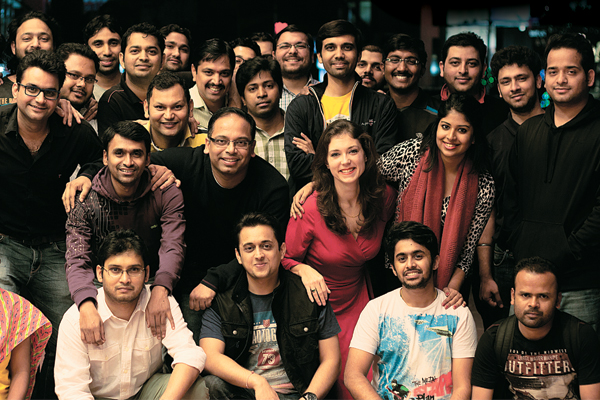
Wagoner identifies three areas as challenges she faced during her initial phase as an entrepreneur — getting clients, hiring the right people and scaling up. Wagoner recalls a client call where her sheer determination led to the deal being sealed. In early 2011, as the Indian Premier League inched closer, the UB group approached ZipDial with a proposal to market the Kingfisher brand using a game of book cricket. Wagoner, who had never heard of the term before, was on a phone call with the company officials and she had no time to spare to Google or check with a colleague. She recounts the client call, “They vaguely described it for me and I figured that since it sounded like a virtual match, it involved delivery of scores and that’s something we could do.” A few minutes later, an excited Wagoner called up teammate Pathak only to start with, “I don’t know what book cricket is, but I think I just sold it.” Kingfisher, the team owner of Royal Challengers Bangalore, signed the start-up for a stellar $10,000.
Apart from pushing herself to attain her full potential, Wagoner believes in hiring people who demonstrate similar attributes. While she is very particular about who she hires, she adds, “I look for people with the right attributes, a certain skill set. Athletes make for good hires because they have the stamina, dedication, discipline, and the ability to adjust to situations.”
Ringing in growth
Wagoner, who belongs to a family of doctors, calls herself the ‘black sheep’ of the house. Born and raised in a suburban farming community, Wagoner admits that nothing has come easy to her in life, it is only perseverance and hard work that have led her to this stage. She acknowledges the role of her parents, who were supportive of her plan to make a mark in the tech industry. This entrepreneur from North California spends most of her days now thinking up strategies to grow Twitter’s reach in emerging markets. Named as a ‘Top Innovator under 35’ for India by MIT in 2013, Wagoner is a frequent columnist on start-up blogs.
Having achieved success at such a young age, what according to Wagoner are the crucial factors that a budding entrepreneur should focus on? “Build a team that is not like you but complements you. The problem with a lot of start-ups is that there are a bunch of students fresh out of college who get together and start a company. They all think alike, they all are good at that one thing and thus, don’t sustain for long. The key to sustaining and scaling enterprises is building a team that complements you,” she says.
Wagoner hasn’t had her fill of emerging markets yet. She is keen on connecting the offline world to the online one with ZipDial in countries such as South Africa, Indonesia, Philippines, Brazil, etc. As she forges ahead into other emerging markets with enormous resources from Twitter at her disposal, she has one goal in mind, “Scaling an enterprise is of utmost importance. One thing I learnt the hard way was that raise money early on, so that you have more capital to experiment with.”




















